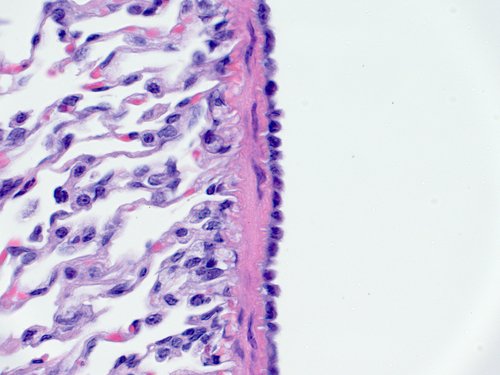The more mesothelioma tumor cells that express the mesothelin protein, the longer a patient is likely to live, according to a study.
That finding is the opposite of the connection researchers have drawn between mesothelin expression and survival in other cancers. In lung and gastric cancers, for example, higher expression of the protein heralds shorter survival. Expression is the process by which information from a gene is used to create a functional product like a protein.
The study, “Comprehensive immunohistochemical study of mesothelin (MSLN) using different monoclonal antibodies 5B2 and MN-1 in 1562 tumors with evaluation of its prognostic value in malignant pleural mesothelioma,” was published in Oncotarget.
An international team of researchers tested antibodies that target mesothelin to see which solid-tumor cancers expressed it. In addition to malignant pleural mesothelioma, they found it expressed in ovarian and pancreatic cancer.
The findings failed to shed light on mesothelin’s function and the role it plays in cancer development and progression, however.
To gain insight into the role the protein plays in mesothelioma, researchers looked at mesothelin levels in tumor samples from 66 malignant mesothelioma patients. They discovered that when mesothelin was present in all of the cells in a tumor sample — a condition known as diffuse protein expression — a patient was likely to live longer.
The median survival rate of patients with diffuse protein expression was 36 months. That was more than three times the 10-month survival of patients whose tumors expressed mesothelin in some but not all of their cells, or in none of their cells.
“Since we did not have detailed clinical information about other patient characteristics, such as clinical stage of their disease or performance status, it is difficult to say whether diffuse mesothelin expression by itself is an independent favorable prognostic factor,” the researchers wrote. “This will need to be validated in larger studies with defined patient characteristics.”
In addition to using mesothelin expression as a biomarker for survival in malignant mesothelioma, the researchers said doctors could use it to select patients for mesothelin-targeting therapies. But doctors would have to take into account the antibodies they use to select patients. The researchers came to this conclusion after testing two mesothelin antibodies that yielded different results.


